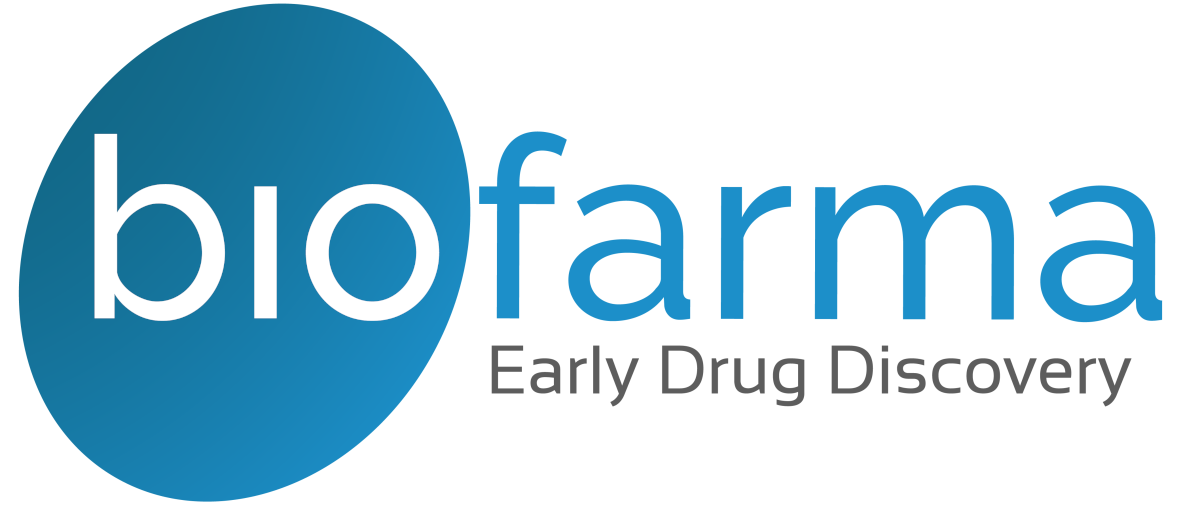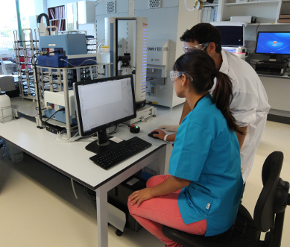
|
|
|
Fine-tuning and minituarization of techniques for High Throughput Screening (HTS) |
|
Since 1992, research group GI-1685 of the Department of Pharmacology at the USC, has been involved in the field of drug R&D, in validating drug targets and in the design and execution of screening cascades for drugs included in projects within the public and private sectors. The group has experience in assaying thousands of compounds and in the fine-tuning and automatization of techniques for implementation in high throughput screening. The group was therefore instrumental in creating the USEF platform of the RIAIDT, at the USC, for drug screening. 
The platform has a laboratory dedicated to assessment of pharmacological activity of molecules, which includes the infrastructure required for carrying out large-scale drug screening. At present the platform carries out radioligand bindings assays, functional assays (by measurement of second messengers), isolated tissue assays, enzyme assays (phosphodiesterases, kinases, phosphatases, cytochrome inhibition), cytoxicity assays with cell lines, and assays of changes in voltage and glucose metabolism. The platform also has available high resolution methods, such as FRET or measurement of second messengers with fluorescent probes, which provide information about the cellular function in native cell systems, e.g. the subcellular location and translocation of targets, co-localization of proteins and protein-protein interactions. The professional members of the team are specialised in evaluating different aspects of the planning of screening cascades and validation of targets in drug discovery, in the design and miniaturization /automatization of assays and in the use of computer software to store and analyse data. The USEF platform provides three types of services derived from its scientific-technical capacity:
Main researchers:Marian Castro Pérez, Ph. D. , Jose Manuel Brea Floriani, Ph. D. |
|
Biofarma Group | CIMUS Building, Avenida Barcelona S/N, 15782 Santiago de Compostela, A Coruña | Tel: 881 815 459 | Email: biofarma.group@usc.es| |





